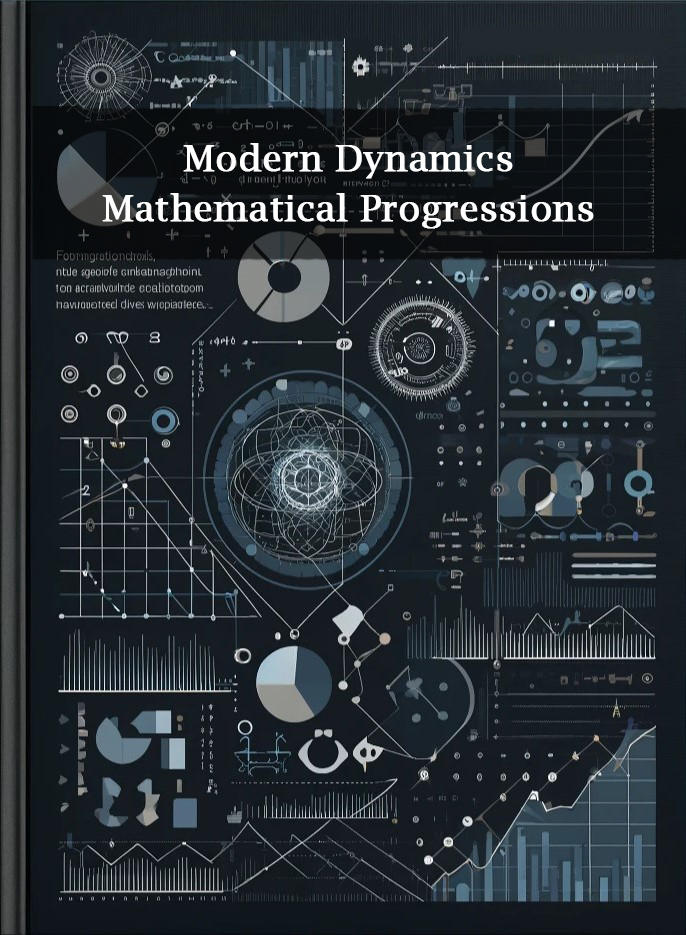Plagiarism Policy
Modern Dynamics: Mathematical Progressions upholds the highest standards of academic integrity and is committed to preventing and addressing plagiarism in all its forms. Plagiarism undermines the trustworthiness and credibility of scholarly work, and our journal takes a proactive approach to detect and address instances of plagiarism.
1. Definition of Plagiarism
Plagiarism is the act of using someone else's work, ideas, or intellectual property without proper acknowledgment or permission. This includes, but is not limited to:
Verbatim copying of text without quotation marks or proper citation.
Paraphrasing another's work without appropriate attribution.
Presenting someone else's research, data, or findings as one's own.
Submitting the same or substantially similar work to multiple publications without disclosure.
2. Author Responsibilities
Authors are responsible for ensuring that their work is original and free from plagiarism. By submitting a manuscript to Modern Dynamics: Mathematical Progressions, authors certify that:
The work is their own and has not been copied or reproduced from other sources without proper citation.
All sources of information, including data, ideas, and text, are appropriately cited and referenced.
They have obtained permission for the use of any copyrighted material included in their submission.
3. Detection of Plagiarism
To maintain the integrity of the publication process, Modern Dynamics: Mathematical Progressions employs various plagiarism detection tools and techniques, including but not limited to:
Using specialized software to screen submitted manuscripts for potential plagiarism.
Conducting manual checks of suspicious content flagged by the software.
Cross-checking against published literature and online sources.
4. Handling Plagiarism Cases
If plagiarism is detected at any stage of the publication process, the following steps will be taken:
Initial Review: Manuscripts found to contain plagiarism during the initial screening will be rejected outright, and the authors will be notified.
Post-Acceptance: If plagiarism is identified after a manuscript has been accepted or published, the journal will take appropriate action, which may include:
Requesting the authors to provide explanations and clarifications.
Issuing a formal retraction or correction notice.
Removing the plagiarized article from the journal's website.
5. Consequences of Plagiarism
Authors found to have committed plagiarism may face severe consequences, including:
Rejection of the submitted manuscript.
Retraction of published articles.
Notification to the authors' institutions or funding bodies.
6. Appeals and Disputes
Authors have the right to appeal decisions related to plagiarism. Appeals must be made in writing to the Editor-in-Chief, providing detailed explanations and evidence to support their case. The journal will review appeals promptly and fairly, ensuring transparency and impartiality in the resolution process.
7. Education and Awareness
Modern Dynamics: Mathematical Progressions is committed to promoting ethical research practices and raising awareness about plagiarism. The journal provides resources and guidance to authors on proper citation practices and the importance of academic integrity.
